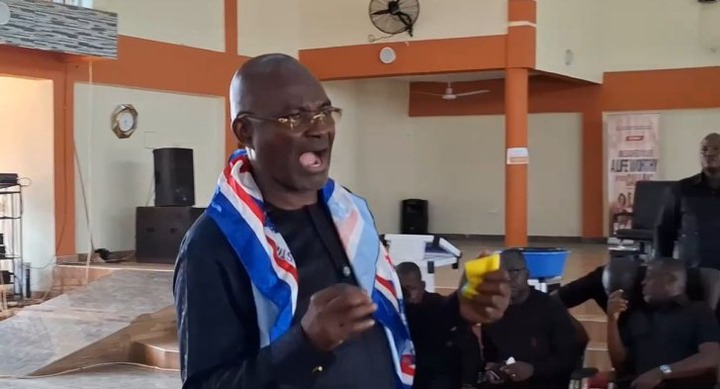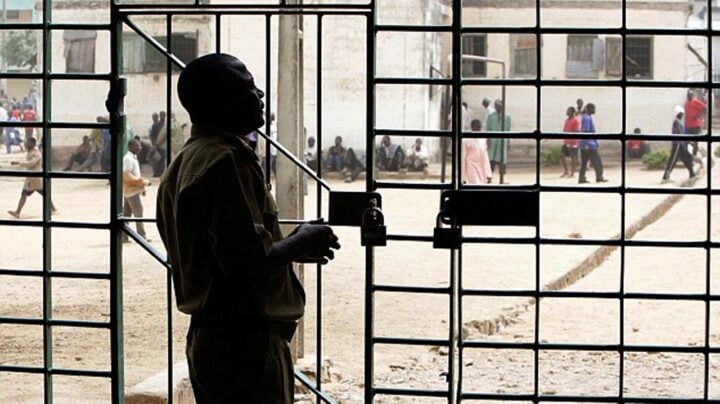Edgar Lungu's Death Should Not Be in Vain: A Call for Legal Reform and National Reflection
By Mathew Mukuluta
The passing of former President Edgar Chagwa Lungu has ignited national mourning and an equally deep constitutional debate. While the Zambian government has accorded him a state funeral with full honors, his supporters allege that his treatment in life stood in sharp contrast to this show of respect in death. The moment demands not just mourning, but an honest national reckoning with how we treat former leaders, what rights remain sacred, and how to legislate more fairly for the future.
When Edgar Lungu re-entered the political arena after his presidency, the state moved swiftly to suspend his benefits under the Benefits of Former Presidents Act, Cap 15, Section 3(3). Legally, the government was within its rights. The law clearly states that once a former president resumes active politics, their entitlements may be withdrawn. However, this legality did not soften the perception of hostility. To many Zambians, it felt like political retaliation rather than the impartial application of law.
What followed proved far more contentious. When Lungu sought medical attention abroad for a recurring condition, achalasia, he was repeatedly denied travel clearance. Despite offering to fund the trips privately, he was blocked, once even reportedly removed from a plane by state agents. This action had no constitutional grounding. Lungu was neither convicted nor on trial, and no legal basis existed to bar his movements. That decision was not just bureaucratic overreach; it was a human rights violation that placed politics above dignity, law, and life.
Years later, in late 2024, it was only the arrival of a United Nations human rights rapporteur in Zambia that allowed Lungu to leave the country without obstruction. He discreetly traveled to South Africa for treatment, only to be informed by doctors that his situation had worsened due to delays. He fought bravely, undergoing rigorous therapy, but ultimately succumbed in last week (june 2025). Had he received timely care, some specialists suggested, his fate might have been different.
In a dramatic reversal, the state has since moved to grant Lungu full honors, declaring a seven-day national mourning period and organizing a state funeral. This is entirely within the law. Once a former president passes away, political activity ceases, and all entitlements are automatically restored. Yet the about-face has left many, including Lungu’s family and the Patriotic Front, feeling bitter. They argue that the government’s eagerness to lead the funeral is a political cleanup, not a genuine gesture of respect.
This tension has led to a standoff. Lungu’s remains remain in South Africa, with his family questioning both the circumstances of his death and the government’s role in managing his repatriation. Rumors of medical neglect, and even poisoning, have surfaced, prompting calls for independent examinations. While no official cause beyond his preexisting condition has been confirmed, the family’s demand for transparency is reasonable, not political.
Still, this delicate moment must not spiral into partisan acrimony. The Lungu family, despite their justified grievances, may find healing in allowing the state to facilitate a respectful national farewell. Meanwhile, the government must confront its past actions with humility. A sincere public apology, not for political optics, but for wrongfully restricting Lungu’s fundamental right to medical care, could go a long way in mending national wounds.
More importantly, this episode should spur legal reform. Zambia must craft clearer laws governing how former presidents are treated if they return to politics. All-or-nothing policies that strip them of critical protections, including healthcare and travel rights, are too blunt and too dangerous. A refined legal framework one that distinguishes political engagement from vindictive retaliation, is urgently needed.
The death of Edgar Lungu is a moment of national sorrow, but it is also a moment of national instruction. It teaches us that even in political rivalry, dignity must prevail. That justice must be tempered with compassion. And that legal clarity is not a luxury it is a safeguard for democracy.
As Zambia moves forward, may its leaders, on all sides, rise to the occasion. Let this be a chapter not just of grief, but of wisdom. Let the late President Lungu’s story be the catalyst for a fairer, more humane Zambia.








